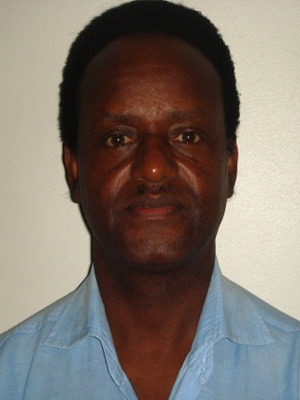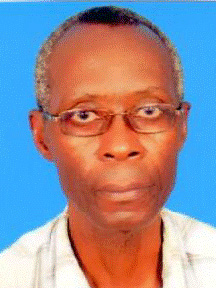Mini-grids for Energy Access in Sub-Saharan Africa: Status and Lessons from Tanzania
31 May 2016
<!–
10:00 a.m. Eastern Daylight Time | 4:00 p.m. Central European Summer Time
Check your local time.
–>
View Webinar Content
Presentation—Introduction to the webinar and panelists
Presentation—Mini-grids for Energy Access in Sub-Saharan Africa
Transcript—Webinar audio transcript
The Clean Energy Solutions Center, in partnership with the World Resources Institute, hosted this webinar on Mini-Grids for Energy Access in Sub-Saharan Africa.
Of the 315 million rural people expected to gain access to electricity by 2040 in Africa, 140 million are projected to gain access through mini-grids. According to the International Energy Agency, this will require the development of between a 100,000 and 200,000 mini-grids. However, there is a need for capacity building and knowledge sharing on sustainable and scalable business models and enabling environments that facilitate mini-grid development and scale-up. Some successes, in countries like Tanzania, have been achieved creating attractive policy and regulatory environments but little is known about how the mini-grid sector in the country is faring in practice.
The World Resources Institute, in partnership with the Tanzania Traditional Energy Development Organization (TaTEDO), has conducted research exploring the status of mini-grids in Tanzania. This webinar provided an overview of the results from the study. Even though Tanzania has made strides in developing a supportive policy and regulatory environment for mini-grids, much remains to be done in further sharpening some of these policies and regulations, scaling access to financing, building the capacity of local actors to engage and ensuring effective coordination between the government, private sector, development and donor organizations as well as civil society to scale up the sector and drive local development impacts.
Presentations were followed by an interactive question and answer session with the audience.
Panelists
 Estomih. N. Sawe
Estomih. N. Sawe
Eng. Estomih. N. Sawe is the Executive Director of TaTEDO, a Centre for Sustainable Energy Services in Tanzania. He has over 25 years’ experience in rural renewable energy, including mini grids programmes development combining experience working with the Government of Tanzania, Energy Department for more than 15 years, heading the Renewable Energy Section, and he has been involved in the coordination of several projects and formulation of the energy policy and its review of 2003. He has worked for the University (Institute of Resources Assessments as a bioenergy project coordinator) and for a renewable energy non-governmental organisation. He has many years of experience in undertaking sustainable energy studies, projects planning, development and field implementation specializing in rural energy needs assessments, community mobilisation and participatory planning and implementation methods, local energy enterprise and related institutional development, energy policy analysis, management systems development. He holds a Bsc. (India) and MSc. (USA) in Engineering and several specialised certificates and diploma trainings in sustainable energy technologies, practices, management and policy related issues.
 Maneno JJ Katyega
Maneno JJ Katyega
Eng. Maneno JJ Katyega is currently Senior Advisor to TaTEDO on renewable energy mini-grids development projects and electrification. Formerly he was a Deputy Managing Director (Investments) at Tanzania Electric Supply Company (TANESCO) where he was responsible for research, strategic planning and management of all major projects at TANESCO. He also was a consultant to the Rural Energy Agency of Tanzania on supervision of grid extension projects in the Mbeya, Rukwa and Katavi regions. Further, he has undertaken energy policy research on restructuring and management of the power sector in Africa at the African Energy Policy Research Network (AFREPREN), which is based in Nairobi, Kenya. He holds a Masters Degree in Energy Engineering. He is an energy planning and management expert with more than 36 years of experience.
 Lily Odarno
Lily Odarno
Lily Odarno is an Associate with the World Resources Institute’s Energy Program. She leads WRI’s energy access work in East Africa. She works in close collaboration with government, private sector and civil society actors in the region to shape policy and regulatory and environments that support a holistic approach to energy access that draws on both grid and distributed generation options to deliver clean, affordable and reliable energy services. Prior to joining WRI, Lily’s work involved research and policy analyses in energy and sustainable development at the Center for Energy and Environmental Policy. She previously worked with the UNEP/DTU Partnership in Denmark where she supported the Cleaner Energy Development Program to build the capacity of key energy stakeholders in developing countries to implement effective strategies for promoting energy access. Lily holds a PhD in Energy and Environmental Policy from the University of Delaware.
